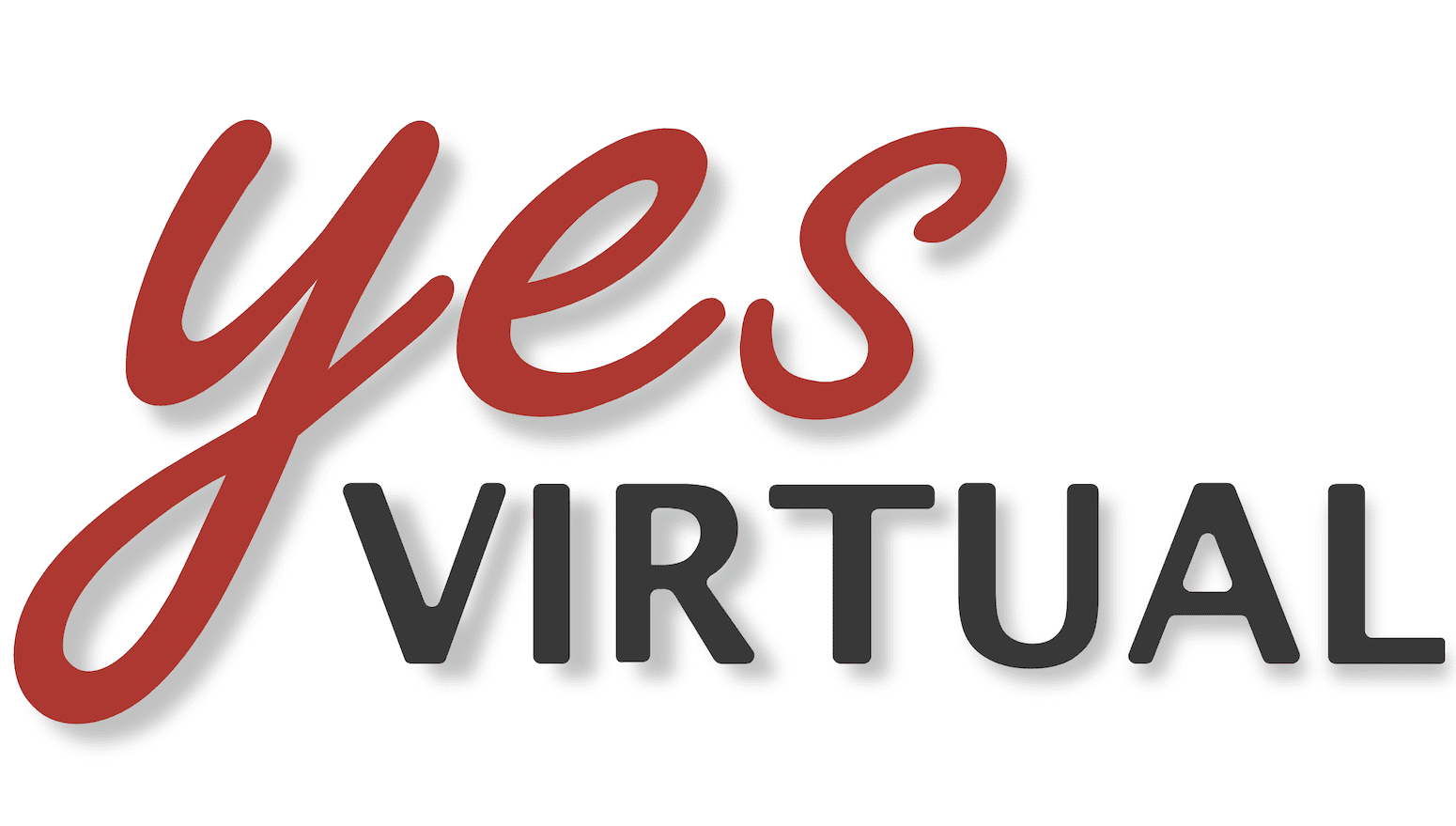In the digital age, the idea of hiring a virtual assistant (VA) can evoke a mix of excitement and skepticism. Trust is the foundation of any successful business relationship, but establishing it remotely can pose unique challenges. However, with the right strategies and tools, trusting a virtual assistant not only becomes possible but can also lead to substantial business growth. Initially, it’s vital to undertake a thorough vetting process, which includes detailed interviews, reference checks, and trial tasks. This approach helps gauge the VA’s reliability, work ethic, and compatibility with your business needs.
Transparency is critical when working with virtual assistants. Utilizing project management tools and communication platforms can help both parties stay updated on progress and developments. Setting up regular check-ins and feedback sessions also promotes openness and can quickly address any concerns that might arise. Moreover, implementing clear protocols for handling sensitive information, such as using secure file-sharing services and requiring nondisclosure agreements, reinforces security and trust.
Lastly, trust is a two-way street, especially in remote work settings. Providing virtual assistants with a degree of autonomy demonstrates trust in their skills and judgment, which can boost their confidence and commitment to your objectives. Encouraging VAs to contribute ideas and take initiative may lead to innovations that benefit your business in unexpected ways. Over time, as reliability and effective communication continue to be proven, a mutual sense of trust naturally strengthens, paving the way for a long-lasting and productive partnership.
